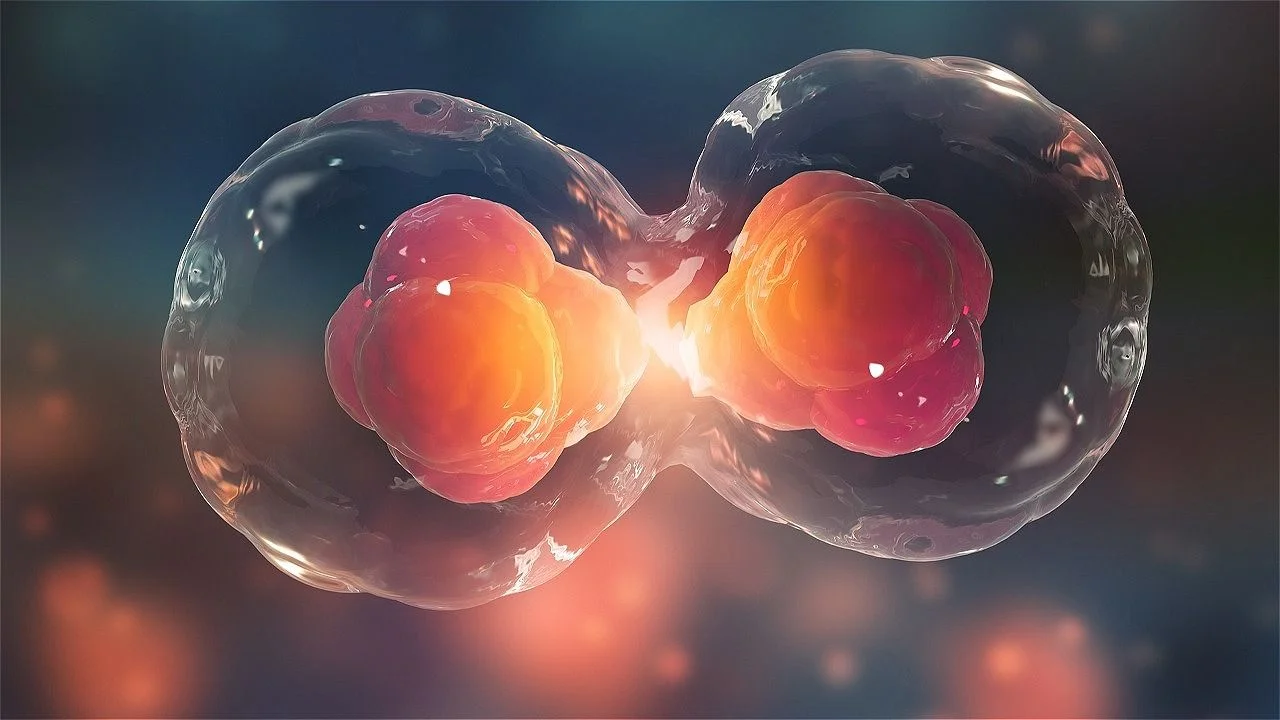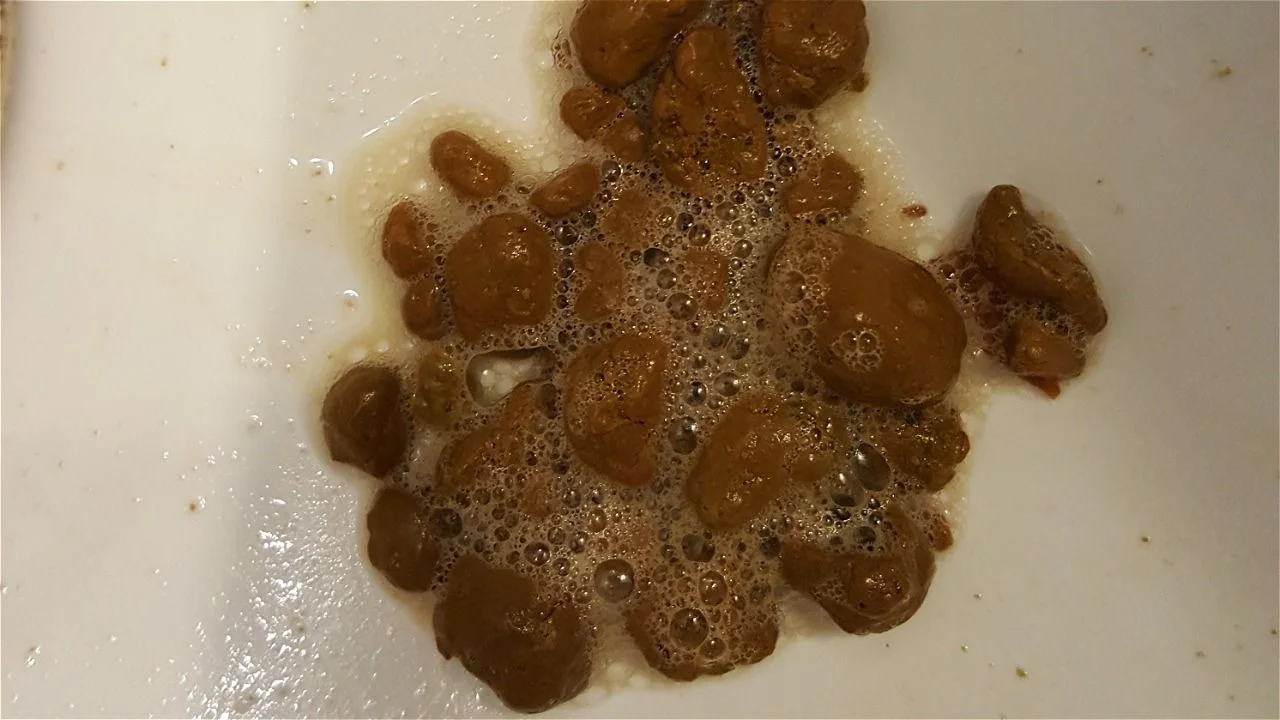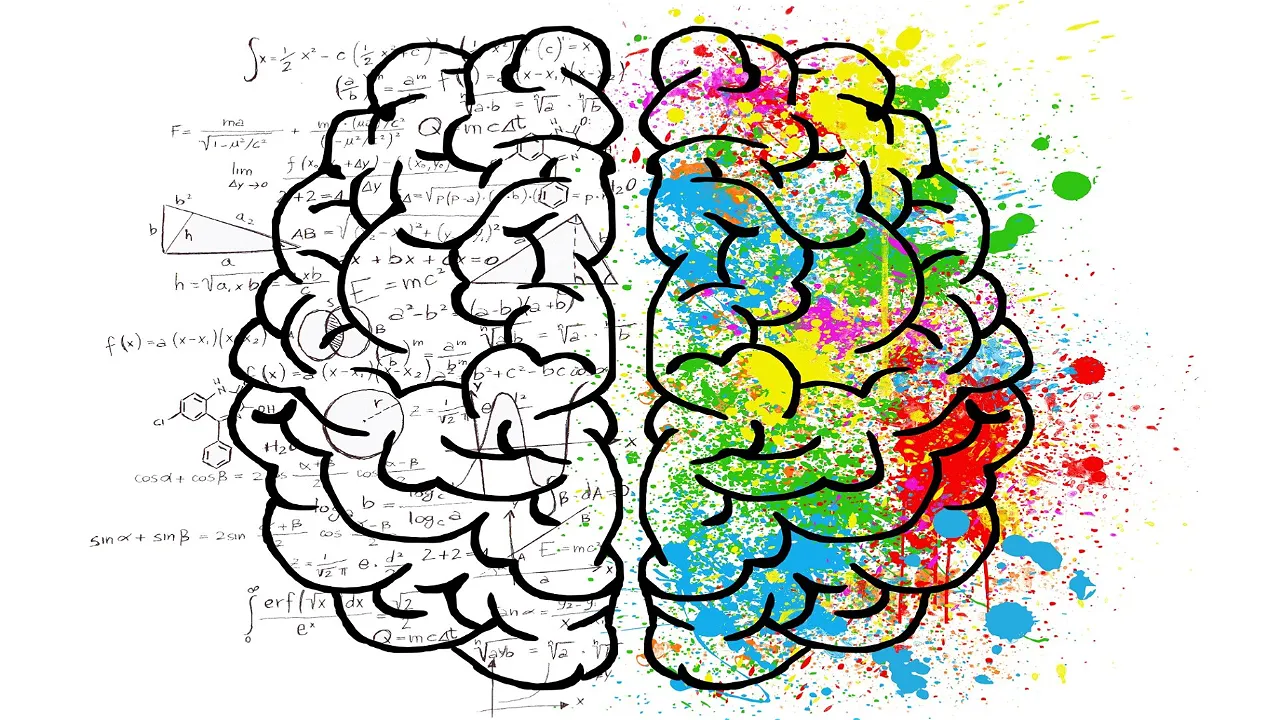
"I hear, and I forget. I see, and I remember. I do, and I understand."
Confucius (551 BC – 479 BC) was a Chinese teacher, politician, and philosopher. By Simran Khurana (Updated March 18, 2017)
The table below requires mobile phone users to manually adjust the screen for optimal viewing.
This short article reviews the main factors affecting different species' life expectancy in simple language. Some variables cannot be changed now; however, the ability to change DNA already exists, but the results may be problematic and unpredictable. The dilemmas surrounding the subject are not only scientific but also ethical.
Introduction.
The search for the "elixir of life" has existed since immemorial. In recent decades, the science of extending life expectancy has developed.
- Words like telomeres (the ends of DNA molecules), methylation, the hormone homocysteine, additives like NMN, and more have entered the lexicon. However, lifestyle and the influence of the environment on heredity (epigenetics) play a major role.
- To date, science has not significantly succeeded in prolonging life because the human body is complex and operates through circular feedback mechanisms. There is no way around them all the time. The idea that life expectancy can be detached from chronic illness stems from overly simplistic thinking. It is likely that by the middle of the 21st century, there will be life-extending technologies, but who would want to spend 50 years in diseases like dementia?
Therefore, the solutions must be more creative and work with the body's physiology. Link: Anti-aging and immune-boost synergetic technologies.
Aging is part of the course of life!

Tissue Regeneration is critical to survival and maintaining good health.
- The human body has about 200 tissue types and about 30 trillion cells. (Eighty percent of them are blood cells.) The body produces 2-3 million blood cells every second, or about 200 billion daily.
- Due to the physiological burden imposed on cells, the cell regeneration rate is not uniform and is directly proportional to cell death.
- Good health is reflected in an excellent ability to regenerate tissue; appearance is directly related to this ability.
Liquefying of intrahepatic stones from the Liver and Gallbladder. (Equivalent to blasting kidney stones)
(Currently non-existent technology)

Can we expect a technology that will prolong life expectancy and improve our health for the foreseeable future?
Link: Rejuvenation bed - purification of blood during sleep.
- The answer is yes, not as a single remedy or drug but as a more comprehensive process.
- The human body is built from many mechanisms operating on several levels. No single drug or set of drugs can completely change the body's physiological mechanisms without harmful side effects.
- Another possibility is far-reaching and has apparent technological feasibility based on filtering the blood to levels that mimic people with a healthy lifestyle. Of course, this is not a drug but an advanced technology. (Futuristic ideas chapter)
-
The rejuvenation process also requires the infusion of life-force energy, which is not even discussed today because the human body in Western medicine is not energetic. (Material only)
Will a 24-year-old now live to be 150?
- 3D organ printing technologies are likely to evolve in the coming decades. The drugs will be replaced by technologies that mimic a healthy diet & lifestyle. It is important to emphasize that human heredity was not built to reach 150 with a good quality of life. To get to the age of 150, it is necessary to lower the metabolic rate, but this requires drastic genetic changes that may completely change the human race. The primary challenge is a mathematical-statistical cracking of the subconscious and its effects on the human body. At the moment, we are not at all close to being able to bring people to a life expectancy of 150 years. The increase in life expectancy has dropped dramatically and is stabilizing.
Two main variables determine the lifespan of any species.
- There is an inverse correlation between life expectancy and metabolic rate.
- The heartbeat rate usually determines the metabolic rate. (Small animals have a higher heartbeat rate.)
- Larger animals have an average life expectancy longer than small animals.
- Mammals such as sharks and whales in frozen water sometimes live 200 years or more because of prolonged metabolism.
- The genetics of all organisms (DNA) do not allow infinite cell replication; therefore, cells age and die.
- These two variables may be correlated. (Although it can be seen that animals with relatively low life expectancy have been able to bring more offspring.)
Why do animals have such different lifespans? - Joao Pedro de Magalhaes
Regeneration vs. Rejuvenation. (The differences are sometimes unclear.)
Rejuvenation = the rate of change in forming healthy new cells > (higher) than the mortality rate of similar cells (in the same time unit). Therefore, the tissue will rejuvenate!
- Such a condition is possible, but not forever, because otherwise, we will not die! Rejuvenation is measured at relative rates per time unit, while cell regeneration is an existing static feature.
Slow aging.
- Slow aging refers to a higher cell renewal rate than average age. The result is usually a look younger than the chronological age.
- If we consistently maintain a fit lifestyle and nutrition, we age slower than our chronological age. Slow aging (rejuvenation) is probably the case for a minority population.
- People who age slower than their peers will probably be healthier older adults, but immortal lives are impossible!
Neutral Aging.
- We age according to our chronological age. Neutral aging is probably the case for the majority of the population.
Faster Aging.
- We age more quickly than our chronological age.
- Unfortunately, Having fast regeneration and rejuvenation capabilities does not mean we can escape death.
- Malnutrition in children (especially in underdeveloped countries) may lead to a cessation of tissue regeneration. The little food is channeled to the conservation of life energy.
Why do women outlive men by 6-8 years on average?
- The evolutionary process gave humans good capabilities of tissue regeneration, with few differences between genders:
- Estrogen (female hormone) protects the Liver and enables better internal tissue regeneration, assisting women during fertility.
- Testosterone (male hormone) affects the regeneration and building of muscles needed to hunt and survive in the past.
- Aging in both genders generates lower sex hormones and mitigates the above effects.
- Women outlive men due to better internal organ tissue regeneration. (Estrogen hormone dominance during fertility years.)
- It also explains why women are more protected against the hepatitis C virus (HCV) than men.
Brain cells can regenerate (Neurogenesis) - but the brain requires practice!

Scientists have recently discovered that neurons in the brain can regenerate. (Neurogenesis.)
- When analyzing the variables that influence the renewal of neurons in the brain, a clear correlation is found with the whole tissue regeneration process.
- The main difference between tissue regeneration in the body and the brain is that brain tissue renewal (especially in the hippocampus) requires the brain's exercise. In contrast, the regeneration of cells in the body is unrelated to the brain's practice.
- Like the rest of the organs, the brain depends on its physiology, the immune system, and the body's energy balance. Hence, brain researchers' conclusions are not surprising.
- It is worth noting that chemotherapy and other drugs reduce the brain's ability to replenish neurons.
What are the fundamental requirements for brain neurogenesis?
Link: Alzheimer's and Parkinson's (neurodegenerative diseases)
All these principles need to be integrated to achieve the full effect.
- Mental & Spiritual Enhancement. (Often underestimated.)
- Regular practice of the brain. (Critical.)
- Healthy Lifestyle & Eating Habits.
- A drastic reduction of exposure of the body and, especially, the brain to inflammations.
- A balanced and diverse diet provides all the ingredients needed to replenish brain cells.
Main variables that determine the regeneration rate. (Many of them are correlated.)
Proper nutrition greatly impacts the body's ability to regenerate damaged tissue.
The balanced-varied diet is the most suitable anti-inflammatory diet.
- Unprocessed natural food (preferably organic and not genetically modified) contains all macronutrients and ingredients, including reduced quantities of animal protein, preferably grass-fed or organic range-free products. Many dietary fibers are mixed with natural oils and fats, enabling an effective emulsification process. Fermented products with natural live bacteria are essential for good health.
- Goat Yogurt is recommended for balanced gut flora. It is needed for tissue regeneration. (Otherwise, nutrient absorption is insufficient.)
- Starches and sugars are needed for energy. It is unwise to cut out carbohydrates altogether. The body does not need empty sugars. (Fruit sugars are much better, especially with fiber.)
- Tran's fats, hydrogenated fats, and burned or smoked proteins are not helpful for the body's regeneration. They are only suitable for energy production and fat storage. These fats and proteins contribute to obesity and are toxic to the body.
- The Liver can not synthesize omega-3 fatty acids, so you must either eat them as part of your diet or take omega-3 supplements.
Regular drinking of naturally squeezed juices has a direct effect on tissue regeneration for several reasons:
- Natural squeezed juice helps the Liver produce more bile fluid. The normal flow of bile is of great importance to the immune system.
- Natural squeezed juices contain many essential nutrients such as antioxidants, minerals and electrolytes, enzymes, and essential vitamins.
- Regular juice drinking does not require digestion and ensures that the body has no shortage of essential nutrients; the absorption of juices is infinitely better than that of all supplements.
In turning food intake into "suitable" compounds for tissue regeneration and long-term maintenance, they are no longer "counted as calories."
-
- Macronutrients are suitable and needed for regeneration, or long-term internal processes are designated for maintenance only.
- The remainder goes into producing short-term energy or fat storage.
Proper functions of the Liver, kidneys, pancreas, and endocrine functions.
Liver, Gallbladder, and kidneys flush. (Mechanical detoxification)
- Regeneration requires heavy-duty conversion of proteins and fatty acids to different, non-available compounds. A well-functioning liver and kidneys are needed for regeneration.
- Bile flow to the intestines (duodenum) is crucial in emulsification. (Emulsified nutrients are essential for tissue regeneration.)
- Freshly squeezed juice, coffee enemas, and liver flushes can open obstructions to improve blood & bile fluid flow.
- Kidney flushes are designed to dissolve deposits of minerals and toxins that interfere with the kidneys' proper functioning.
- Insulin is a hormone produced by pancreatic islets. It is the body's primary anabolic hormone. Insulin regulates carbohydrates, fats, and protein metabolism by promoting glucose absorption from the blood into the Liver.
- The thyroid gland secretes thyroid hormones, primarily influencing metabolic rate and protein synthesis.
Sex hormones. (Estrogen and Testosterone.)
- Testosterone (male hormone) boosts short-term energy. (This is probably due to men's evolutionary demand for strength). High testosterone levels produce faster muscle building but slower internal regeneration (supposedly, women outlive men).
- Weightlifters have unusually high testosterone levels. Upon retirement, they gain weight much faster than others due to their food routing to available energy instead of tissue regeneration.
- Estrogen works in the opposite direction. Women tend to have better internal regeneration than men. Higher estrogen levels enable women to repair their bodies after birth and nurse children. These two opposite effects are mitigated when men and women get older.
- Post-menopausal women may have decreased levels of estrogen. Lower estrogen means slower regeneration of tissue.
Night sleep, physical activity, controlled solar baths, and Qi life-force energy.
- A consistently good night's sleep is vital for regeneration because the Liver is active during waking hours with other things, so most massive regeneration occurs during sleep.
- Regular physical activity is essential because our body's lymph fluid is transported through the body's movement. Exercise has a positive effect on mood.
- Higher Qi life energy is equated with better regeneration. Younger people usually have higher Qi than older people. Thus, they regenerate tissue much faster. People who look younger than their age typically have higher Qi, restoring them more quickly.
- People in love look better than before, precisely for the same reason − they have higher Qi.
- Controlled solar baths help the natural production of vitamin D; they also increase the male sex hormone testosterone levels in men (without side effects in women) and charge life-force energy.
Main variables that determine the regeneration rate - Summary table. |
||
| Long-term higher tissue regeneration rate. | Higher is better | Life-sustaining Short-term energy. (Lower regeneration rate) |
| Proper nutrition. | ||
| A large variety of unprocessed natural Food and Beverages. | High / Low | A limited range of unprocessed natural food and beverages. |
| Dietary fiber mixed with emulsified natural fats/oils. | High / Low | Low dietary fiber & emulsified natural fats/ oils. |
| Gut flora balance. (Essential for nutrient absorption) | High / Low | Gut flora imbalance. (Poor absorption.) |
|
Omega 3 and 6 fatty acids and other natural oils. |
High | Trans-fats, smoked food, alcohol, all processed food & soft drinks. |
Regular drinking of natural squeezed juices. |
||
| Regular drinking of natural squeezed juices. (Many benefits, No side effects) | High / Low | Non-natural or prepared bottled juices do not have the same effect. |
Liver functions, pancreas, and thyroid hormones. |
||
| Good Liver functions and bile flow. | High / Low | Poor liver functions & bile flow. |
| Liver, Gallbladder, and mechanical kidney detoxification. | High / Low | Liver, Gallbladder, Kidney obstruction. (Partial) |
| Good endocrine functions. | High / Low | Poor endocrine functions. |
| Normal levels of Insulin & other pancreas enzymes. | High / Low | High levels of Insulin & other pancreas enzymes. |
Sex hormones. (Estrogen & Testosterone) |
||
(Women) Estrogen hormone provides better internal tissue regeneration capabilities. |
High / Low | Low estrogen levels decrease regeneration capabilities. |
| (MEN) with Low Testosterone. (Except for muscle building.) | Low / High | (MEN) with High Testosterone. Better muscle-building capabilities & free energy. |
Night sleep, controlled exposure to the sun & life-force energy. (Qi) |
||
| A consistently good night's sleep. | High / Low | A constant lack of sleep at night. |
| Higher life-force energy. (Qi) | High / Low | Lower life-force energy. (Qi) |
| Controlled solar baths. | High / Low | Low exposure to the sun. |
| Moderate and regular physical activity. | High / Low | Low physical activity. |
This list of variables may seem relatively trivial. However, it indirectly reflects a person's overall health and ability to maintain optimal weight.
Summary and Conclusions.
General.
- Good health is reflected in an excellent ability to regenerate tissue; appearance is directly related to this ability.
- Scientists have recently discovered that neurons in the brain can regenerate. (Neurogenesis.)
- Women outlive men due to better internal organ tissue regeneration. (Estrogen hormone dominance during fertility years.)
- Proper nutrition and a healthy lifestyle significantly impact the body's ability to regenerate damaged tissue.
Rejuvenation - Slow Aging. Is it possible?
- The genetics of all organisms (DNA) do not allow infinite cell replication; therefore, cells age and die.
- Slow aging means the tissue regeneration rate is higher than the tissue death rate (for a given period).
- If we consistently maintain a fit lifestyle and nutrition, we age slower than our chronological age. Faster rejuvenation is probably the case for a minority of the population.
- It is impossible to create such a permanent state of constant rejuvenation, but it is possible to maintain a higher cell regeneration rate than people of the same age.
A healthy lifestyle (mentally & physically) and diet have a far-reaching impact on health, appearance, and life expectancy.

All organs of the body, without exception, can self-rehabilitate. These abilities diminish with age and require a robust physiological-immune system and a sufficiently high energy level to produce instructions for embryonic stem cells to reconstruct damaged tissue. Medications alone cannot repair damaged tissues. The rate of tissue repair is proportional to the degree of metabolic burden on them and their level of natural wear and tear.

